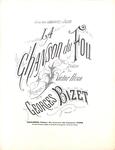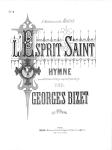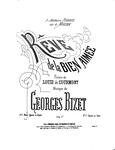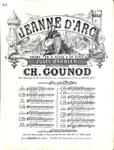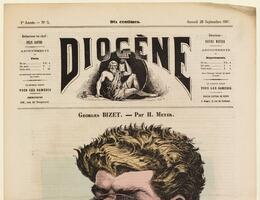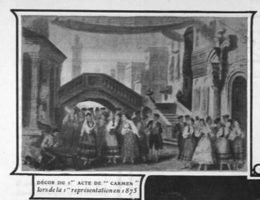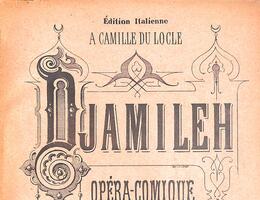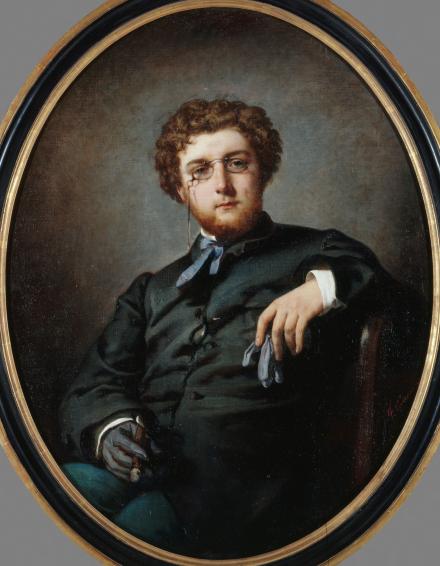
Georges BIZET
1838 - 1875
Composer, Pianist
Born into a musical family—his father was a hairdresser and wigmaker turned singing teacher and his mother was an amateur pianist—Bizet received his first music lessons at home. A gifted pupil, he entered the Conservatoire in 1848, thanks to the good offices of his uncle, François Delsarte, the future movement theorist. He soon won first prizes in the classes of Marmontel (piano), Benoist (organ) and Halévy (composition). At the same time, he was also studying privately with Zimmermann, and it was at his classes that he met Gounod, whose influence was to prove conclusive, as can be seen by his remarkable Symphony in C (1855). Exceptionally precocious, particularly in his mastery of the orchestra, Bizet began to achieve success from this time on: after winning first prize in an operetta competition organised by Offenbach in 1856 (Le Docteur miracle), he received academic recognition the following year with a Premier Grand Prix de Rome, a prize which earned him a lengthy stay at the Villa Medici. When he returned to Paris with a new opera, Don Procopio, he was determined to follow a career as a composer. With the exception of several pieces for piano (Jeux d’enfants) and numerous transcriptions, art songs, motets (Te Deum) and a few isolated orchestral works (Symphonie “Roma”, incidental music from L’Arlésienne), Bizet composed mainly operas (Les Pêcheurs de perles, 1863; La Jolie Fille de Perth, 1867; Djamileh, 1872), reaching the undisputed pinnacle of his career with Carmen, premiered only several months before his untimely death.
Chronological milestones
Focus
Focus
La mélodie française
Focus
The "ode-symphonie"
Scientific publications
Publication




